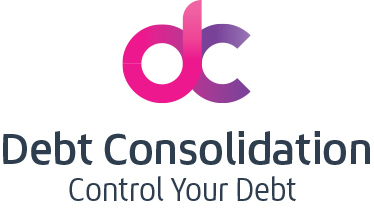As you might already know, debt consolidation represents a loan you can take in order to pay other loans. Basically, you borrow enough money to pay your previous smaller debts. Of course, you’ll still have to make monthly repayments on that debt consolidation loan.
This type of loan, however, comes with a set of advantages and disadvantages. Let’s take a brief look at each of them, so you can decide whether it’s useful for you or not.
Advantages
- Lower interest rates
It has been argued for a long time now that when you consolidate your loans, you’ll be paying less in interest rates. That’s because the interest rate on a consolidation loan is steady. When you have multiple loans and many interest rates to worry about, your situation does not get any brighter.
- Less bills
Some people are late on their payments because they cannot go through the mountains of bills in their mail. That’s a direct consequence of having more than one loan. When you consolidate all those loans, there’s going to be just one bill at the end of the month. This is certainly more manageable.
- Longer terms
You could potentially be the beneficiary of lower monthly payments, but that automatically leads to longer terms. In some cases, this may be an advantage. In others, it’s a disadvantage. If you’re okay with paying for a lot more years than you would’ve paid initially, then longer terms should not be a problem.
Disadvantages
- Paying more interest
At first, it may look like you’re paying less in interest rates, but they may accumulate due to the longer term. There’s actually no consensus on this. Thus, the opinions are divided. You should talk with a loan officer and make sure that you won’t end up being more indebted than you already are.
- The lender might go bankrupt
If you take a debt consolidation loan from a private, small lender and then he goes bankrupt, you’re in big trouble. The same thing applies if the lender entrusts your loan to a 3rd party that doesn’t have the necessary expertise.
Keep in mind that none of these are bound to happen, but they are factors of risk you should consider and prepare for. If you’ve decided that a debt consolidation loan is your last resort, try to get it from a bank, as the chances of it going bankrupt are quite low.
A debt consolidation loan is truly a double-edged sword. Review your situation carefully and see if it’s truly worth it to consolidate your debts. Perhaps there’s a less risky financial move you can make to get out of debt. If there’s not, then such a loan is a solution.
The last thing you want is to acquire a bigger debt that’s disguised as a godsend gift. Talk to a professional first. You may get some undisclosed information about this type of loan that is not available to the broad public. Also, you may be ushered towards a reliable lender.

